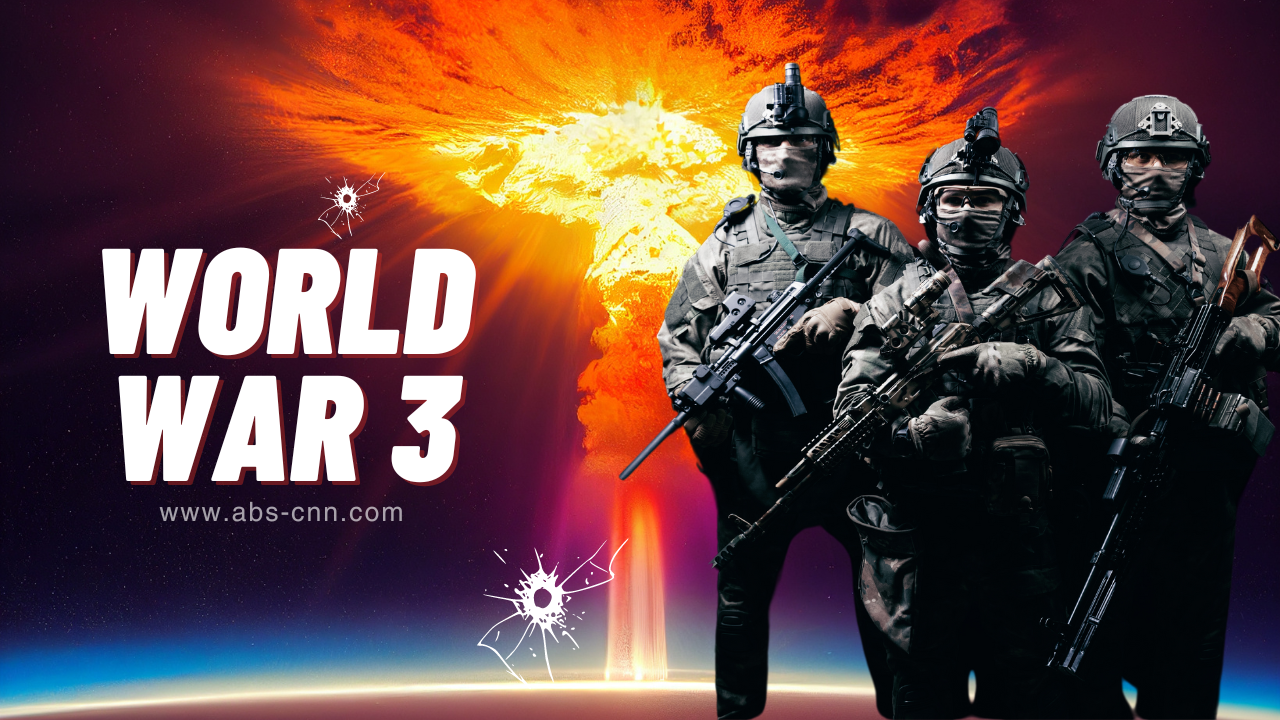World War 3 is a topic that often sparks fear and uncertainty. While we hope that such a catastrophic event never occurs, it is important to reflect on the lessons we can learn from the possibility of a global conflict. By examining the consequences of past wars and understanding the impact they had on society, we can better prepare ourselves for a peaceful and prosperous future.
The Importance of Diplomacy
One of the key lessons we can take away from the possibility of World War 3 is the vital importance of diplomacy. In an interconnected world, where nations rely on each other for trade, resources, and security, diplomatic efforts play a crucial role in preventing conflicts from escalating into full-scale wars. By fostering open lines of communication, promoting dialogue, and seeking peaceful resolutions, we can avoid the devastating consequences of armed conflicts.
The Devastation of War
Looking back at the history of warfare, we can clearly see the devastating impact it has on both human lives and the environment. World War 3 would undoubtedly result in immense loss of life, destruction of infrastructure, and long-lasting social and economic consequences. By understanding the true cost of war, we can appreciate the importance of peaceful coexistence and strive towards resolving conflicts through non-violent means.
Learning from Past Mistakes
Studying the lessons of previous wars is crucial in preventing future conflicts. By analyzing the causes and outcomes of past conflicts, we can identify patterns and avoid repeating the same mistakes. World War 3 would be a stark reminder of the need to address underlying issues, such as territorial disputes, ideological differences, and resource scarcity, through peaceful negotiations and compromise.
Investing in Global Security
Another important lesson we can learn from the possibility of World War 3 is the need to invest in global security. By strengthening international alliances, promoting arms control agreements, and supporting initiatives that promote peace and stability, we can create a safer world for future generations. Investing in diplomacy, conflict resolution, and disarmament measures can help prevent conflicts from escalating and ensure a more secure and peaceful world.
Embracing Cultural Diversity
World War 3 would be a clash of nations with diverse cultures, languages, and beliefs. Recognizing and embracing cultural diversity is essential in building bridges of understanding and fostering peaceful coexistence. By promoting tolerance, respect, and empathy, we can bridge the gaps between different nations and work towards a world where conflicts are resolved through dialogue and mutual understanding rather than violence.
Building a Sustainable Future
Lastly, the possibility of World War 3 reminds us of the importance of building a sustainable future. Environmental degradation, resource scarcity, and climate change are all factors that can contribute to conflicts. By addressing these global challenges collectively and adopting sustainable practices, we can reduce the likelihood of future conflicts and create a world where peace and prosperity thrive.
In conclusion, while the idea of World War 3 is a distressing one, it is essential to reflect on the lessons we can learn from such a scenario. By prioritizing diplomacy, understanding the devastating consequences of war, learning from past mistakes, investing in global security, embracing cultural diversity, and building a sustainable future, we can strive towards a world where conflicts are resolved peacefully. Let us remember these lessons and work together to create a brighter and more peaceful future for all.













